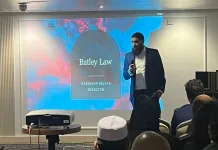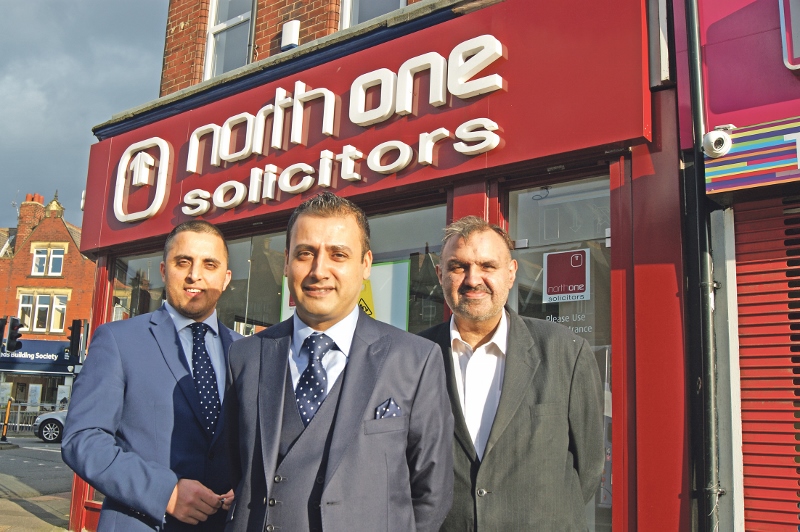
The recent judgment by the Court of Appeal in the case of Lejonvarn v Burgess & Another should act as a salutary reminder to professionals of the risk of providing free informal advice and services.
Mrs Lejonvarn had been friends with her neighbours, Mr & Mrs Burgess, for a number of years. The Burgesses were planning to carry out a high value landscaping project on their garden at their London home. However, they had received a very expensive quote. Mrs Lejonvarn, who was an architect and who had previously carried out work for Mr Burgess’ company, agreed to help out her friends by providing various services for free. These included procuring contractors to carry out the earth works and project managing those works. It was envisaged that Mrs Lejonvarn would be paid a fee for the design works at a later stage.
Unfortunately, the project turned sour and Mr & Mrs Burgess had to incur additional costs of £235,000 to put matters right. Mr & Mrs Burgess therefore pursued a claim against Mrs Lejonvarn to recover those additional costs.
The High Court decided that although there was no contract between the parties, Mrs Lejonvarn did owe Mr and Mrs Burgess a duty of care in tort. Although the services were provided free of charge the Judge found that Mrs Lejonvarn had assumed a duty of care to Mr & Mrs Burgess in providing professional services on a professional basis. The Judge held that, firstly, Mrs Lejonvarn had assumed a duty of care and, secondly, Mr & Mrs Burgess had relied upon Mrs Lejonvarn to provide those services with reasonable skill and care. The Judge decided that a duty of care can arise even when the services are provided free of charge. Mrs Lejonvarn appealed.
The Court of Appeal upheld the original decision. The Court found that the duty owed by Mrs Lejonvarn was not to provide any services but to exercise reasonable skill and care in relation to any services that she did carry out. There was no obligation on Mrs Lejonvarn to carry out the services but if she did, she had to carry out those services with reasonable skill and care.
This case provides a clear warning to professionals who are asked to provide free advice and services to friends or relatives as the professional may inadvertently assume a duty of care and end up liable in damages in the event that things go wrong.
If you have any queries in relation to any claims relating to contract or tort or any other litigation related enquiries then please contact Luke Patel on 0113 227 9316 or email him at “LPatel@LawBlacks.com”.













